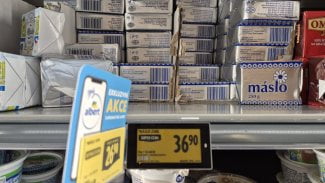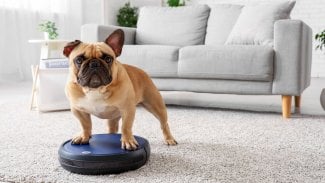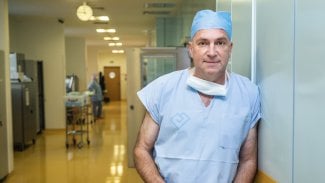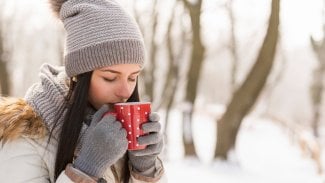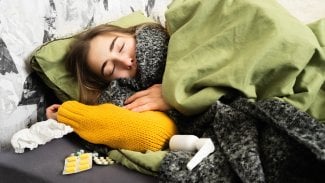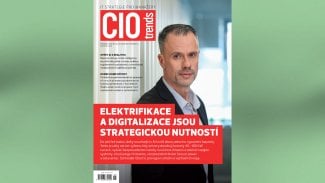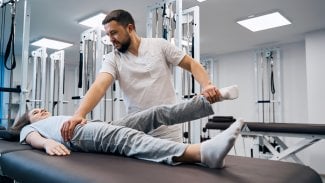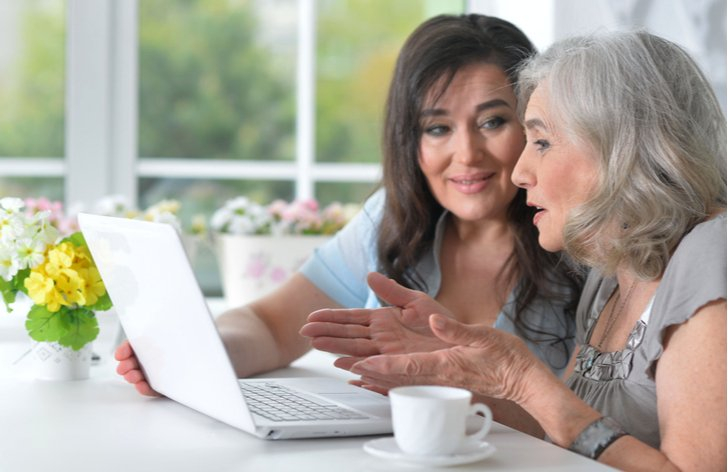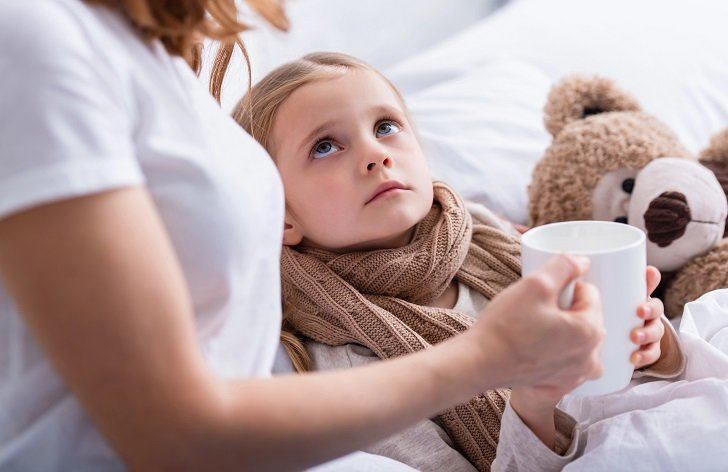Názory k článku Nejlepší, co můžeme udělat pro svůj imunitní systém, je žít v harmonii
-
Článek je starý, nové názory již nelze přidávat.
-

Doufám, že paní doktorka při své práci na ARO nepoužívá ani homeopatii ani akupunkturu.
Předpokládám, že v homeopatické ordinaci si jen slušně přivydělává ( 1200 Kč/hod ) protože v nemocnici, jak víme, to finančně není nic moc.
Proti zvlhčování vzduchu a zdravé stravě, se určitě nedá nic namítat.
Předpokládám, že ani paní doktorka nechodí z Prahy do Kladna pěšky, ale jezdí autem, v horším případě autobusem. Proto zmínka o chození pěšky mne docela pobavila. Nějak jsem nepochopil, jak životní harmonie zlepšuje imunitu. Rád se nechám poučit.
Jenže ono se pak ukáže, že článek není nic jiného než reklama na homeopatii a homeopatika. Přesně na ta homeopatika, která např. již ve Španělsku zakázali prodávat. Brzo se přidají další státy a postupně ten šarlatánský podvod na úrovni placeba zarazí. A firma Boiron buď skončí, nebo začne vyrábět léky, které léčí.Homeopathic products and
practices: assessing the evidence
and ensuring consistency in
regulating medical claims in the EU
Summary
EASAC, the European Academies’ Science Advisory Council, is publishing this Statement
to build on recent work by its member academies to reinforce criticism of the health
and scientific claims made for homeopathic products. The analysis and conclusions are
based on the excellent science-based assessments already published by authoritative and
impartial bodies. The fundamental importance of allowing and supporting consumer
choice requires that consumers and patients are supplied with evidence-based,
accurate and clear information. It is, therefore, essential to implement
a standardised,
knowledge-based regulatory framework to cover product efficacy, safety and quality, and
accurate advertising practices, across the European Union (EU).
Our Statement examines the following issues:
Scientific mechanisms of action—where we conclude that the claims for
homeopathy
are implausible and inconsistent with established scientific concepts.
Clinical efficacy—we acknowledge that a placebo effect may appear in individual
patients but we agree with previous extensive evaluations concluding that there are
no known diseases for which there is robust, reproducible evidence that homeopathy
is effective beyond the placebo effect. There are related concerns for patient-informed
consent and for safety, the latter associated with poor quality control
in preparing
homeopathic remedies.
Promotion of homeopathy—we note that this may pose significant harm to the patient
if incurring delay in seeking evidence-based medical care and that there is a more general
risk of undermining public confidence in the nature and value of scientific
evidence.
Veterinary practice—we conclude similarly that there is no rigorous evidence to
substantiate
the use of homeopathy in veterinary medicine and it is particularly
worrying when such products
are used in preference to evidence-based medicinal
products to treat livestock infections.
We make the following recommendations.
1. There should be consistent regulatory requirements to demonstrate
efficacy,
safety and quality of all products for human and veterinary
medicine, to be based on verifiable and objective evidence, commensurate
with the nature of the claims being made. In the absence of this evidence,
a
product should be neither approvable nor registrable by national regulatory
agencies for the designation medicinal product.
2. Evidence-based public health systems should not reimburse homeopathic
products and practices unless they are demonstrated to be efficacious and
safe by rigorous testing.
3. The composition of homeopathic remedies should be labelled in a similar way
to other health products available: that is, there should be an accurate, clear and
simple description of the ingredients and their amounts present in the formulation.
4. Advertising and marketing of homeopathic
products and services must
conform
to established standards of accuracy
and clarity. Promotional
claims for efficacy, safety and quality should not be made without
demonstrable and reproducible
evidence. -

Před časem jsem si v Iráku při práci roztrhl - rozsekl, kůži na kloubu na jednom prstu pravé ruky,nepomáhalo mi nic,zhojilo se to ,zmenšilo aby opět zranění vyrostlo do velikosti jedné české koruny,tvaru rozkvetlé kytky asi po deseti měsících kdy mi to lékaři chtěli odstranit chirurgicky,uvažovali totiž ,že se jedná o nějaký neznámý virus a ne o bradavici jak jsem jim říkal já.
Poté jsem v jednom časopisu ,který jsem si kupoval celkem pravidelně byl rozhovor lékařkou -homeopatkou,já přečetl její rady ,co se bradavic týče ,zakoupil jsem dva homeopatické léky ,užíval dle jejího doporučení a ejhle rána se začala zacelovat ,až se zacelila úplně,na onom místě vidím dnes neznatelný narůžovělý flíček.Paní doktorce jsem z letiště Ch. de Gaulle poslal pěkné poděkování,takže homeopatika fungují a to velmi.
Dále u nás najdete
Najdete na Vitalia.cz
- BMI kalkulačka
- Příznaky cukrovky
- Bolest zad
- Rýmovník
- BMI kalkulačka pro ženy
- Příznaky sklerózy
- Bolest břicha
- Kotvičník
- BMI kalkulačka pro muže
- Příznaky zápalu plic
- Bolest v krku
- Heřmánek
- Těhotenská kalkulačka
- Příznaky chřipky
- Bolest v podbřišku
- Rozmarýn
- Ovulační kalkulačka
- Příznaky angíny
- Bolest hlavy
- Jitrocel
